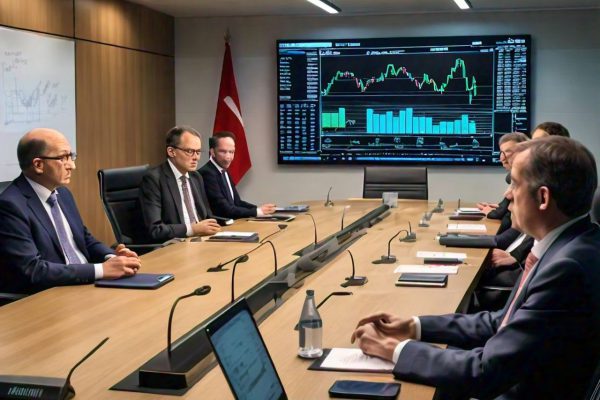
The Ascendance of the Chinese RMB: Implications for the Global Economy and the Future of Reserve Currencies
The Chinese RMB has recently surpassed the Euro to become the second most-used currency in global trade, marking a significant shift in the global economic landscape. As China’s economic influence grows, questions arise about the potential of the RMB to challenge the US dollar’s dominance and the impact this shift will have on global markets. This article delves into the implications of the RMB’s rise, exploring its effect on China’s economy, the potential for it to overtake the USD, and the role of the BRICS currency initiative. It also examines how this development is altering global perceptions of the USD and what the future may hold for the international financial system.
















